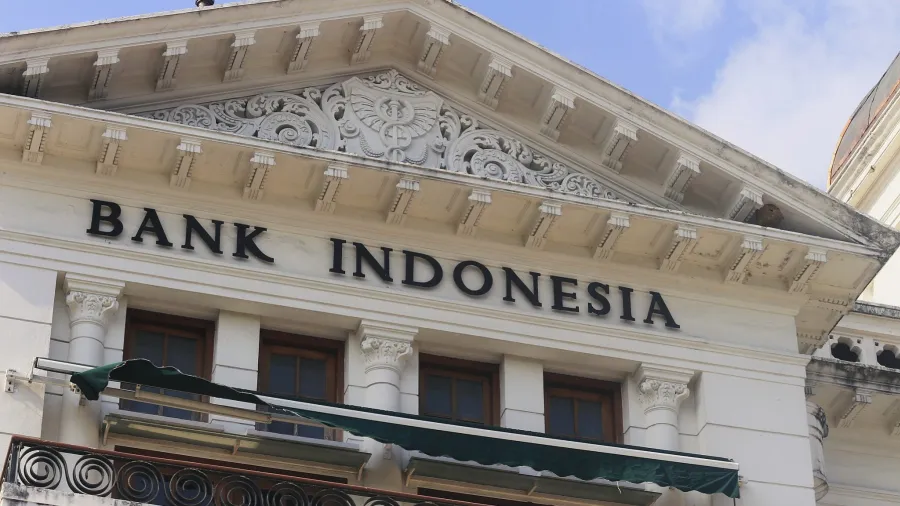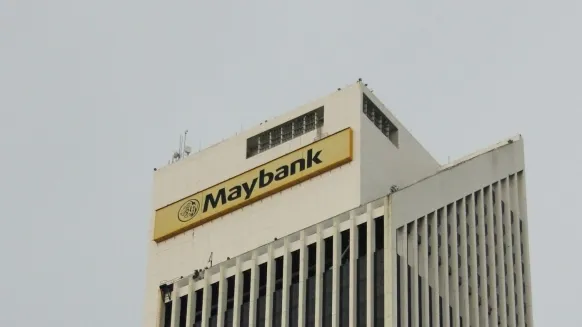
More mergers in the horizon for Islamic banks in South Asia, SEA
For smaller players, this may be their best bet to protect their assets.
Expect more Islamic banks to consolidate in South, Southeast Asia, and those in countries that are part of the Gulf Cooperation Council (GCC), according to Moody’s Investors Service.
The main Islamic banking markets have consolidated in recent years as the sector seeks to improve revenue generation and cut costs, the report said.
“We expect more Islamic banks to pursue mergers, particularly smaller players crowded out by large competitors. In the GCC region, Islamic banks have in some cases merged with conventional peers,” said Moody’s Analyst Badis Shubailat.
The same movements are happening in Southeast Asia. Notably, in Indonesia, the government merged its state-owned Islamic banks in 2020 to help them compete with larger conventional banks.
In recent years, Islamic banks in the three regions have shifted focus to low-risk retail finance—a move that should help protect their asset quality amidst an uneven economic recovery in the region, Moody’s said.
"Regulatory forbearance has masked the deterioration in the banks' loan books, and high provisioning costs will continue to weigh on profitability, but their capital and liquidity buffers should comfortably absorb unexpected losses," said Shubailat. "Consolidation within fragmented Islamic banking markets presents opportunities."
Return on assets of Islamic banks is expected to remain on average below pre-pandemic levels this year due to low-interest rates, a still-subdued operating environment, and high provisioning costs.
On the upside, strong demand for Islamic finance, which is growing faster than conventional banking, will partially offset these strains.
Islamic banks' regulatory capital also remains well above minimum requirements. Their liquidity is also strong, reflecting deposit growth as customers cut spending amidst economic uncertainty, Moody’s said.
Central banks in most countries have also relaxed reserve requirements and continue to provide banks with liquidity support, which should help Islamic banks weather the ongoing negative effects of the pandemic crisis in the near term.



















 Advertise
Advertise










